The Truth About Non-Alcoholic Fatty Liver Disease: What You’re Not Being Told
According to the American Liver Foundation and many other medical organizations, non-alcoholic fatty liver disease (NAFLD) cannot be reversed, as there is currently no medication available for it. What they often don’t tell you, however, is that lifestyle changes can reverse NAFLD, even moving a patient from advanced stages like grade 3 to grade 2, grade 1, and eventually, to a healthy liver.
Just because pharmaceutical companies haven’t developed a drug to treat NAFLD doesn’t mean you don’t have the right to know that lifestyle changes can do what medications often can’t. Over the years, we’ve helped many patients reverse both alcoholic and non-alcoholic fatty liver disease, and today, I’m going to teach you how to do it on your own. With commitment, discipline, and consistency, you can make this transformation.
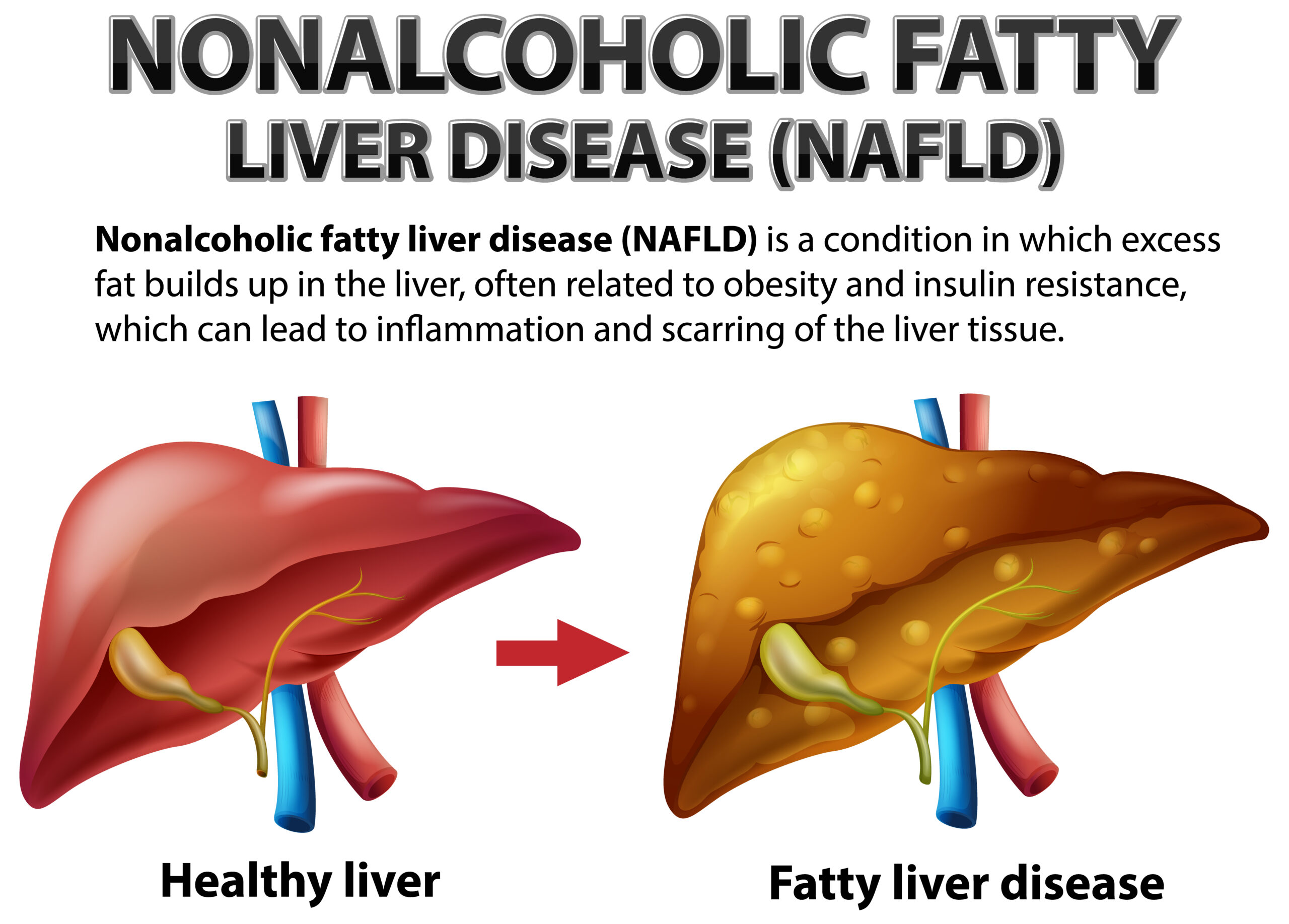
The Connection Between Lifestyle and Fatty Liver Disease
NAFLD is closely linked to metabolic disorders, and a combination of diabetes and high blood pressure can significantly increase your risk. Reversing or controlling these conditions is crucial for preventing the onset of fatty liver disease. Additionally, high triglycerides and low HDL (the “good” cholesterol) are major contributors to NAFLD. Improving your lipid profile should be one of your key goals in reversing this condition.
Key Steps to Reversing Non-Alcoholic Fatty Liver Disease
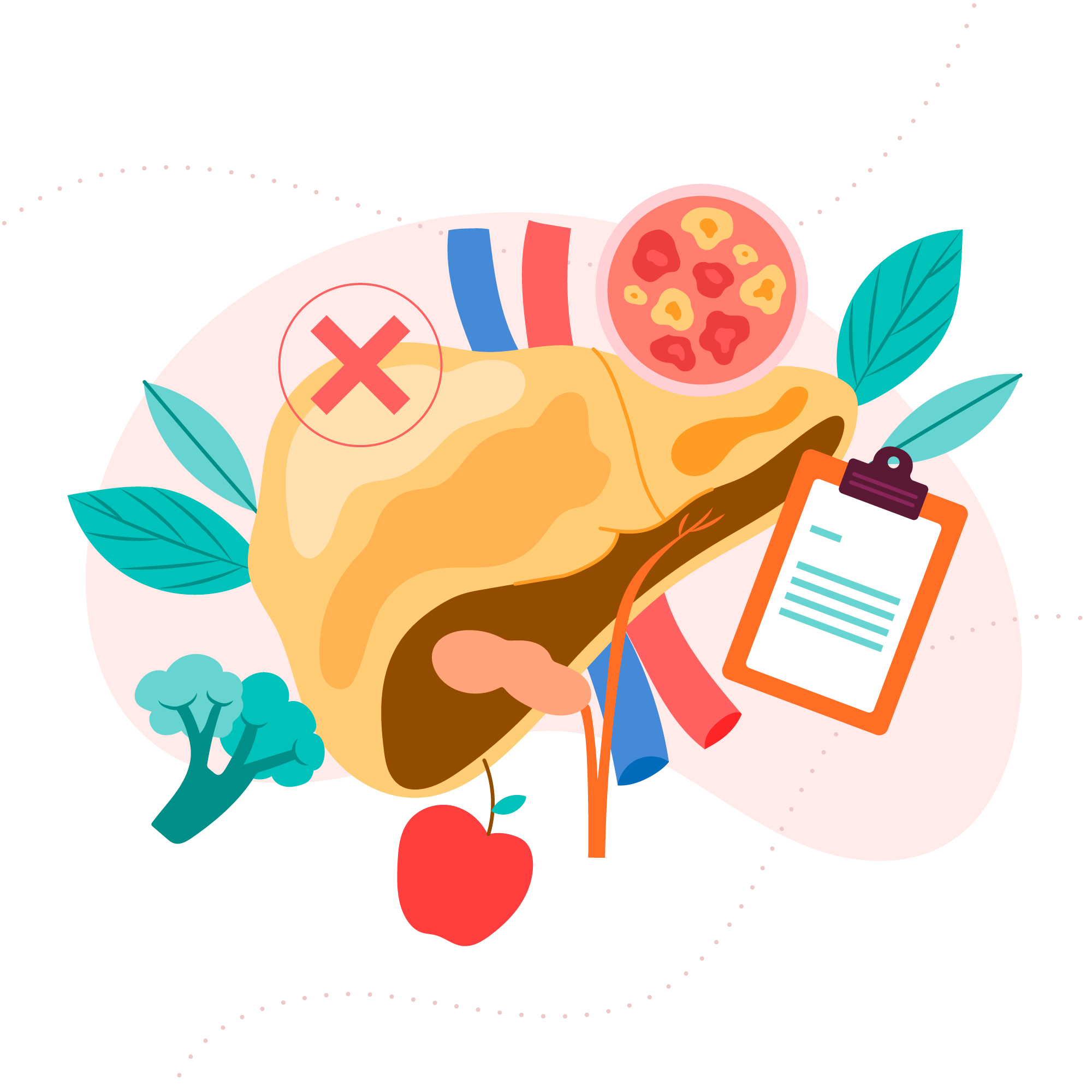 Illustration Credit: Freepik
Illustration Credit: Freepik- Lower Your Body Fat Percentage: Reducing excess body fat is crucial. Focus on incorporating more resistance training and smarter cardio routines into your workout plan. Building lean muscle not only helps burn fat but also improves overall metabolic health.
- Cut Out Ultra-Processed Foods: Eliminate ultra-processed foods, junk food, and anything that comes in a package. Read food labels carefully—avoid products containing high-fructose corn syrup (HFCS), which is toxic to your liver.
- Choose the Right Fats: Incorporate healthy fats into your diet, such as: olive oil (rich in monounsaturated fats), high-quality saturated fats like pure butter, tallow, ghee, and cold-pressed coconut oil. Steer clear of refined and processed oils, which are harmful to liver health.
- Drink Real Brewed Coffee: If it suits you, drink high-quality, real brewed black coffee. Research has shown that coffee can be protective for the liver.
- Eliminate Smoking, Vaping, and Limit Alcohol: Stop smoking, vaping, and chewing tobacco. Reduce or eliminate alcohol consumption to protect your liver from further damage.
- Adopt a Smart Low-Carb Diet: Go low-carb, but balance it with higher protein intake and quality fats so you don’t feel hungry. Add plenty of vegetables to your meals. If you follow a carnivore diet, a combination of meat and veggies is sufficient.
- Reduce Fructose Intake: Massively decrease your fructose consumption. Say goodbye to fruit platters, fruit juices (cold-pressed, homemade, or packaged), and dried fruits like dates and figs. However, don’t be afraid to consume raw honey in small quantities—it is therapeutic and offers benefits beyond what most people realize. Be cautious of processed, cheap honey, which lacks these benefits.
- Special Considerations for Women: If you are menopausal or on medications like tamoxifen that reduce estrogen levels, it’s important to talk to your healthcare provider about balancing your hormones. Estrogen plays a protective role in preventing fat accumulation in the liver, so maintaining healthy estrogen levels can help safeguard against NAFLD.
- Prioritize Sleep and Manage Stress: Deep, restorative sleep is essential for liver health, and chronic stress can wreak havoc on every cell and organ in your body, including the liver. Make sleep and stress management a priority in your lifestyle overhaul.
The Power of Lifestyle Changes
For too long, the medical industry has promoted the idea that lifelong medication is necessary for conditions like type 2 diabetes, hypothyroidism, and fatty liver disease. While medications can be helpful, they don’t have to be the only solution. Many healthcare professionals now encourage lifestyle changes, but not all do. The important thing to remember is that you don’t have to live with a fatty liver. You have the right to know that lifestyle modifications can reverse this condition and prevent it from progressing to liver damage, scarring, or even failure.
We’ve seen this work time and time again. Patients who commit to these lifestyle changes have reversed their fatty liver disease and are now living healthier, fuller lives. You can be that person. If you’re ready to make the commitment, start today. With the right discipline and consistency, your liver—and your overall health—can transform.
Disclaimer: Please make an informed decision before trying anything new. None of what’s shared here is a replacement for any ongoing medical procedure, medicines, or advice given by your doctor or healthcare provider.
Did this inspire you to Start your journey to address your condition at its root?
Know more about our Holistic Programs Here.
Set up a one-on-one consultation with our integrative team by reaching out to us at 1800 102 0253 or write to us at consults@lukecoutinho.com.
|
From a pimple to cancer, our You Care Wellness Program helps you find a way Talk to our integrative team of experts today 18001020253 |

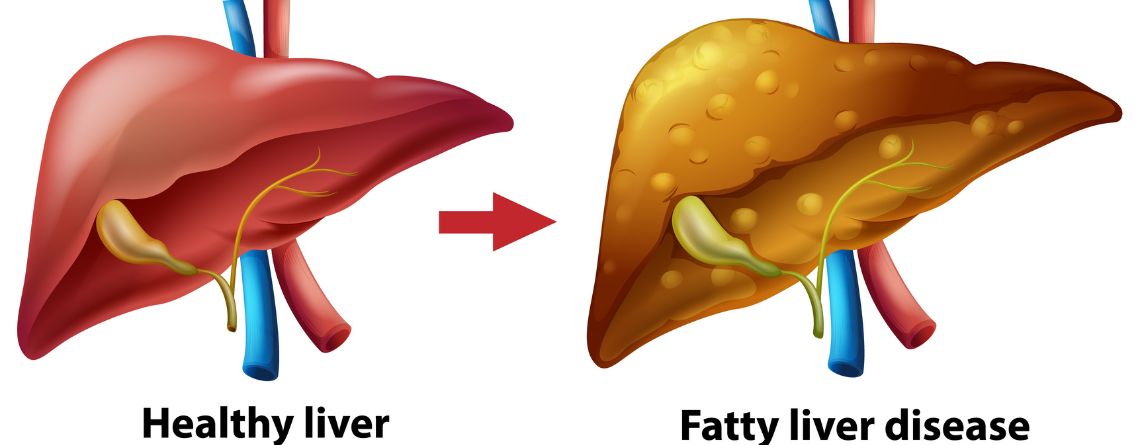
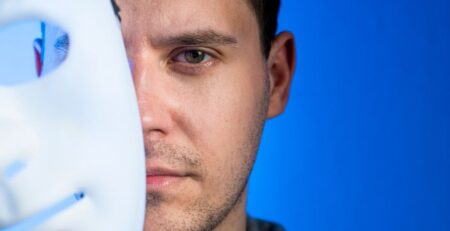
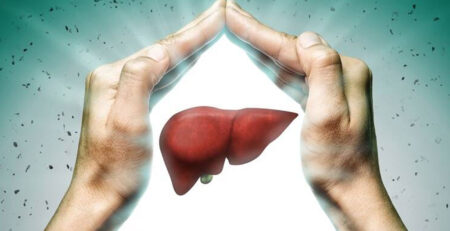



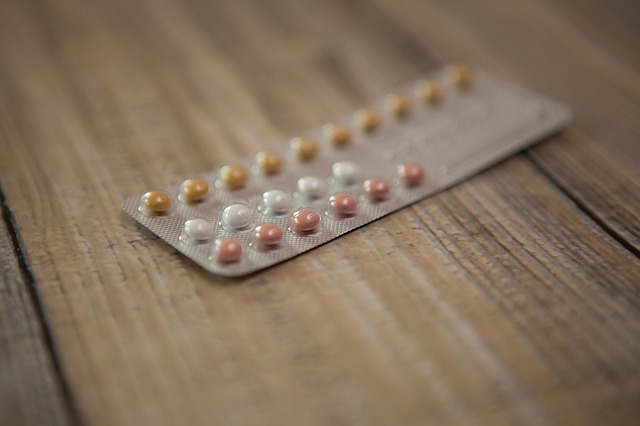

Leave a Reply